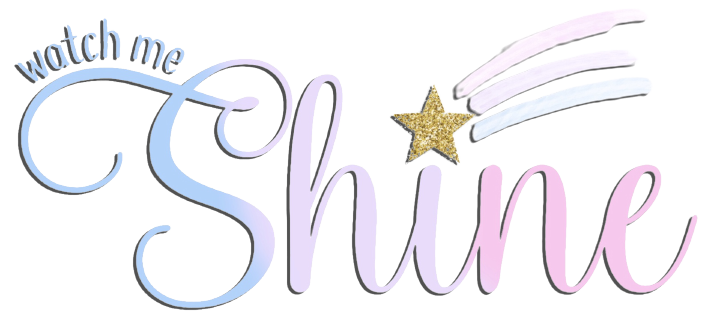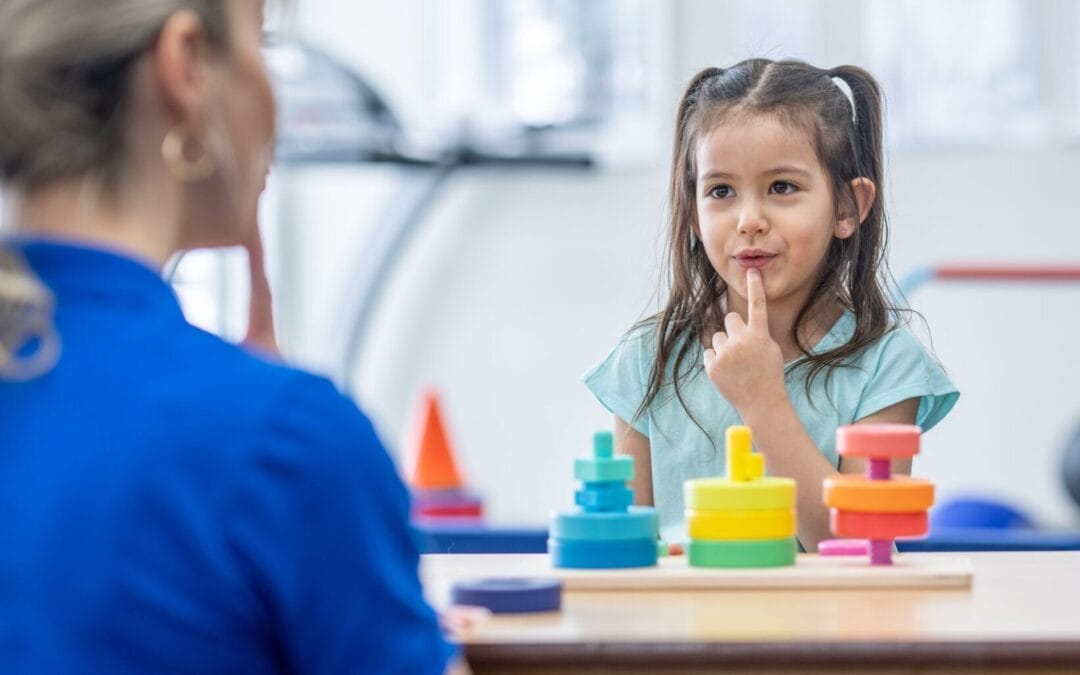Children face many challenges as they grow, and effective communication is critical to their success and happiness. Speech therapy plays a crucial role in helping kids overcome speech and language difficulties. It enhances their ability to express themselves clearly and understand others, setting a solid foundation for their future.
Speech Therapy involves various techniques and activities designed by skilled speech-language pathologists (SLPs). These professionals assess and treat speech and language disorders, from articulation problems to more complex conditions like apraxia and dysarthria. By engaging in speech therapy, children can improve their pronunciation, vocabulary, and ability to form sentences, making interactions with friends, family, and teachers more rewarding.
But speech therapy goes beyond just improving speech clarity. It also helps children develop better social skills, increasing their confidence in social situations. By working on verbal and non-verbal communication, children learn to make eye contact, take turns in conversations, and use gestures appropriately. These skills are essential for building relationships and succeeding in school environments.
Understanding the Basics of Speech Therapy for Children
Speech therapy is a specialized field that addresses various communication disorders in children. It involves assessing and treating problems related to speech, language, and swallowing. Our Speech-Language Pathologists (SLPs) work closely with children to identify specific challenges and create personalized treatment plans. These plans focus on helping the child improve their ability to communicate effectively.
Speech disorders vary widely, from articulation difficulties (how sounds are made) to more complex issues like voice disorders or fluency problems such as stuttering. Language disorders, on the other hand, might affect a child’s ability to understand others or express themselves. By focusing on these areas, speech therapy aims to enhance the clarity and comprehension of a child’s communication skills, making everyday interactions more straightforward and more meaningful.
Core Techniques Used in Speech Therapy to Improve Communication
Speech Therapy employs a variety of techniques to address different aspects of communication. Here are some core techniques used:
- Articulation Therapy: This technique helps children with trouble pronouncing certain sounds. SLPs guide them through activities that slowly build up the correct pronunciation of problematic sounds.
- Language Intervention Activities include interactive games and activities designed to stimulate language development. Through play and structured exercises, children might work on building vocabulary, forming proper sentence structures, and improving comprehension.
- Oral Motor Therapy: For children with speech difficulties due to muscle weakness or coordination issues, oral motor therapy focuses on exercises that strengthen the muscles used in speaking and swallowing.
- Augmentative and Alternative Communication (AAC): For children who struggle with verbal communication, AAC provides alternative methods like sign language, picture boards, or speech-generating devices to aid in communication.
By employing these tailored techniques, our SLPs help children make significant strides in their ability to speak clearly, understand language better, and interact more effectively with others.
The Role of Speech Therapy in Social Skill Development
Speech therapy significantly aids in developing social skills, which are vital for children to interact successfully with others. Speech therapy helps children navigate social situations more confidently by improving verbal and non-verbal communication. This includes taking turns in conversation, maintaining eye contact, and understanding social cues like body language and facial expressions.
Our speech-language pathologists (SLPs) often incorporate social skills training into therapy sessions. Activities might include role-playing different social scenarios or practicing greetings and responses. These exercises help children understand the flow of conversation and recognize appropriate times to speak and listen. Additionally, group therapy sessions allow children to practice these skills in a controlled, supportive environment, preparing them for real-life interactions.
Tips for Parents: How to Support Speech Therapy at Home
Parents play a crucial role in reinforcing speech therapy progress at home. Here are some practical tips to support your child:
- Create a Language-Rich Environment: Regularly engage in conversations with your child. Describe your actions, ask open-ended questions, and encourage your child to express their thoughts and feelings.
- Read Together: Reading books together can enhance vocabulary and comprehension. Discuss the story, ask questions about the characters and plot, and encourage your child to predict what will happen next.
- Use Games and Apps: Many games and educational apps are designed to improve speech and language skills. Choose interactive and age-appropriate ones to make learning fun.
- Practice Social Scenarios: Role-play different social interactions with your child, such as ordering food at a restaurant or greeting a new friend. This helps your child apply what they have learned in therapy to everyday situations.
By integrating these activities into daily routines, parents can help their children make steady progress and build confidence in their communication skills.
Conclusion
Speech therapy is essential for enhancing children’s communication and social skills. At Watch Me Shine, we are committed to providing personalized and effective treatment to help each child reach their full potential. By working closely with skilled speech-language pathologists and reinforcing learning at home, parents can support their children in overcoming speech and language challenges.
If you want to learn more about how speech therapy can benefit your child, contact Watch Me Shine today. Let’s work together to help your child communicate better and shine brightly.

